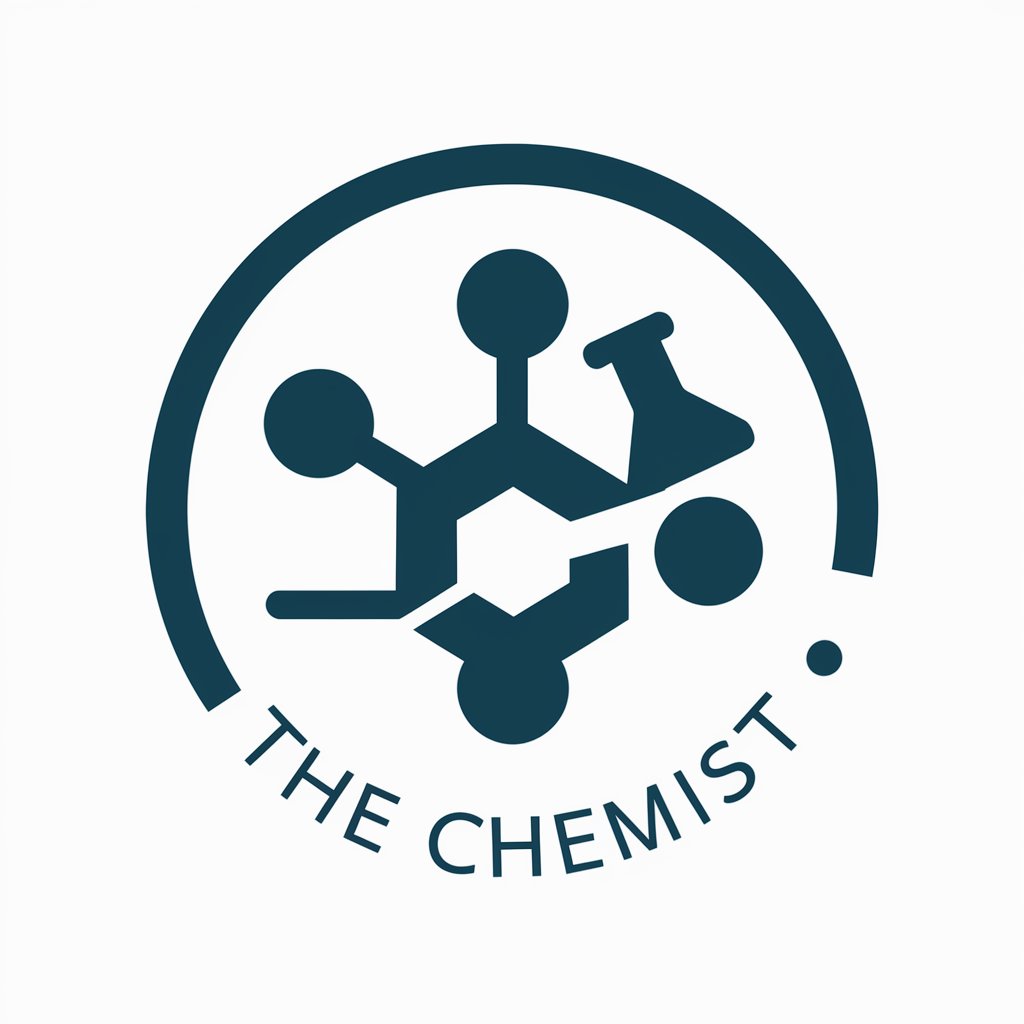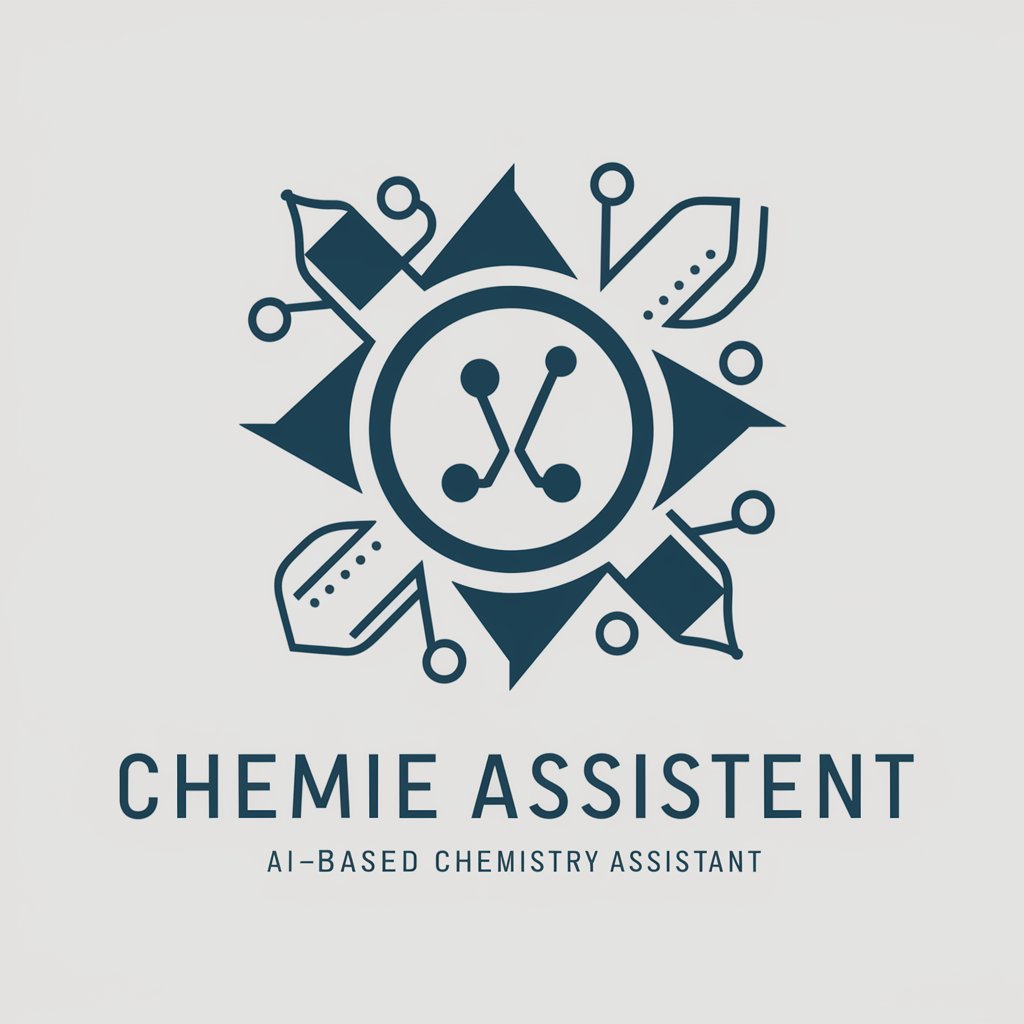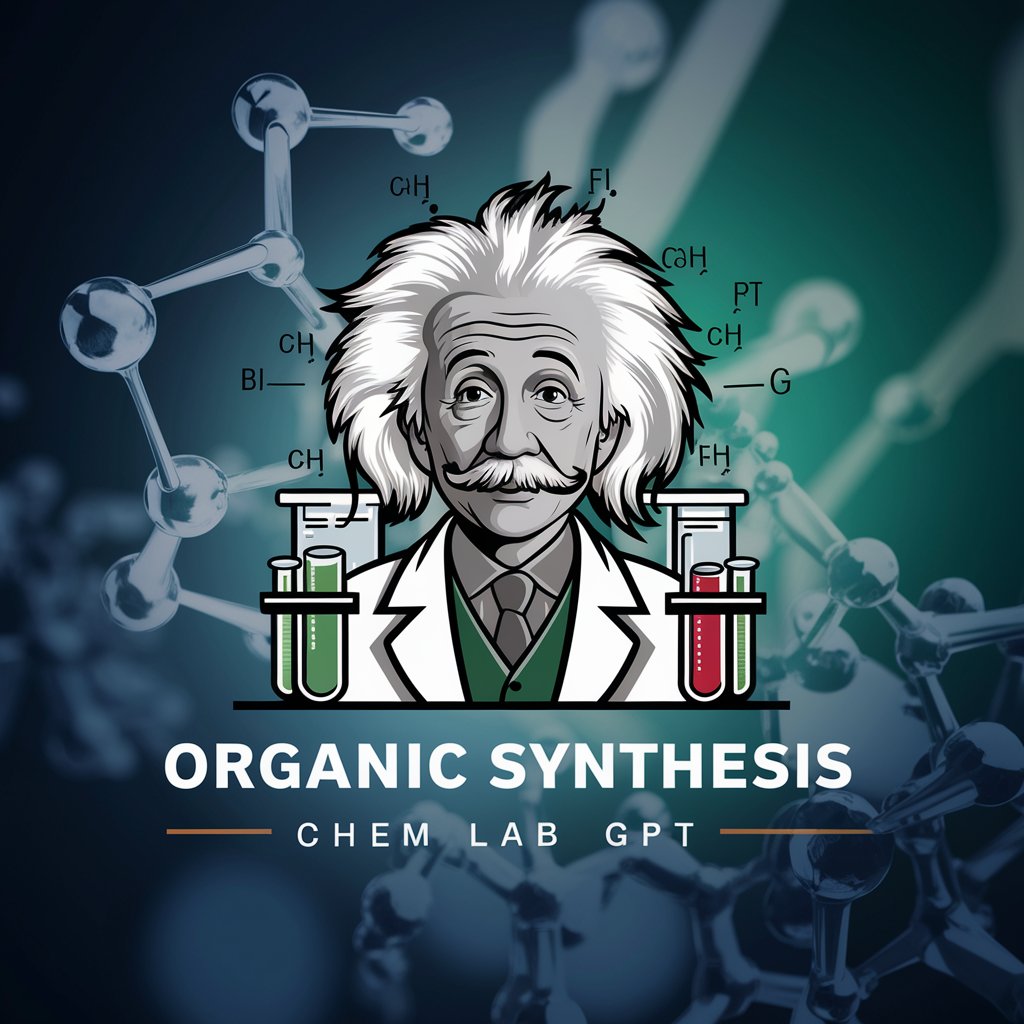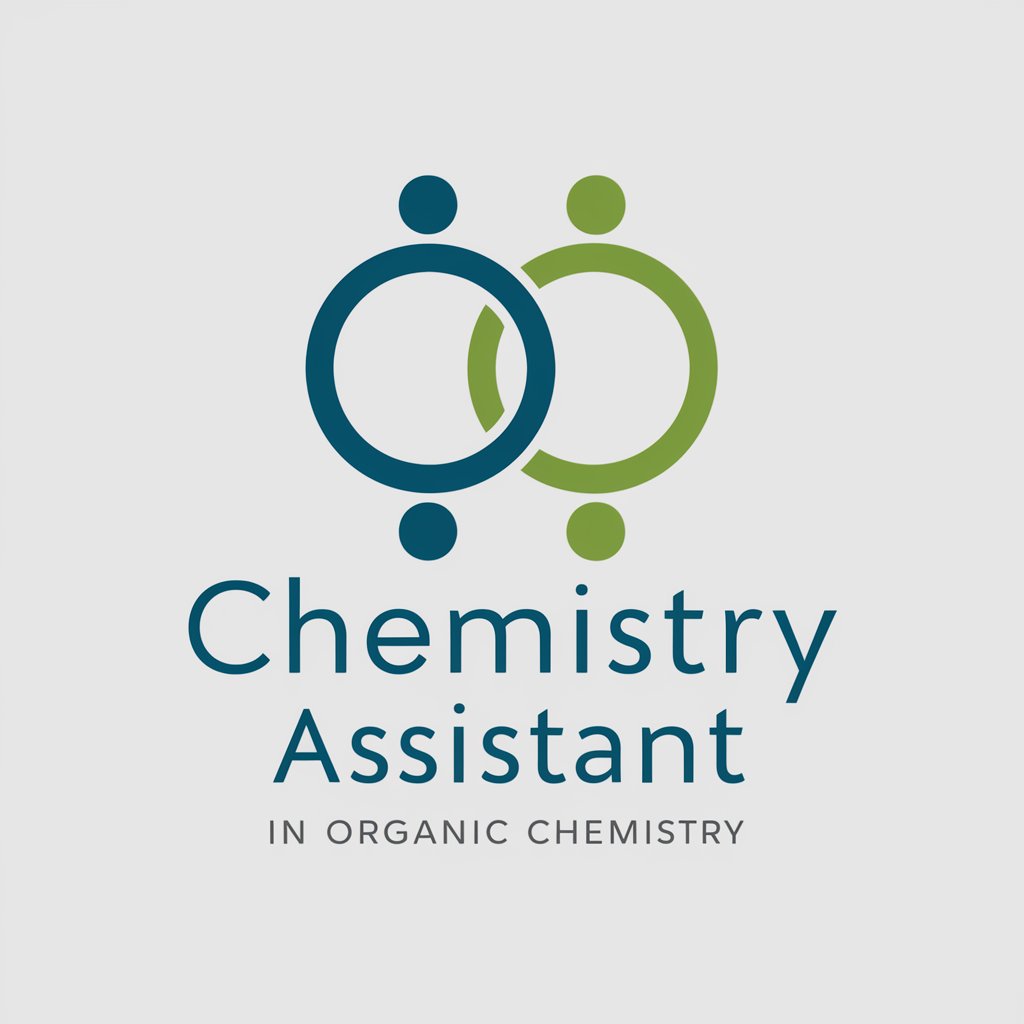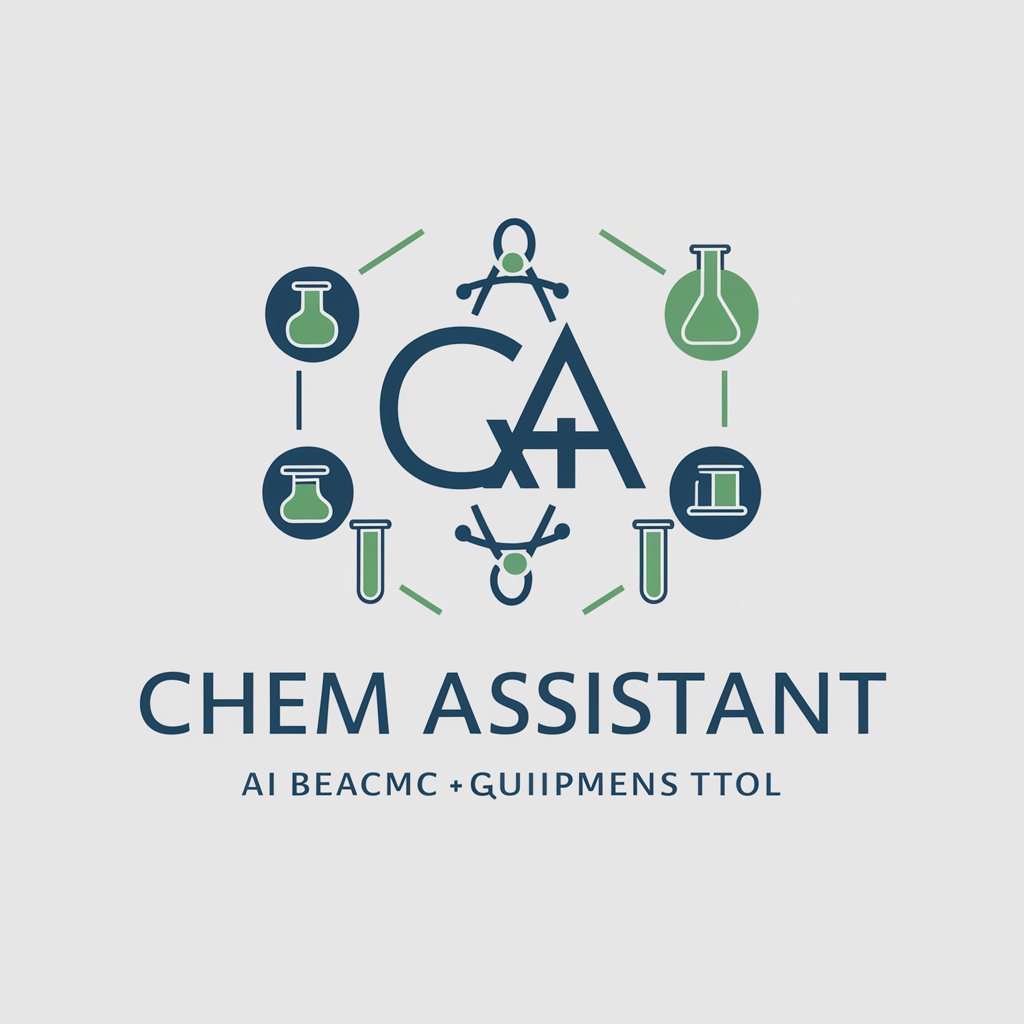
Organic Chemistry Synthesis Assistant - Organic Chemistry Guidance
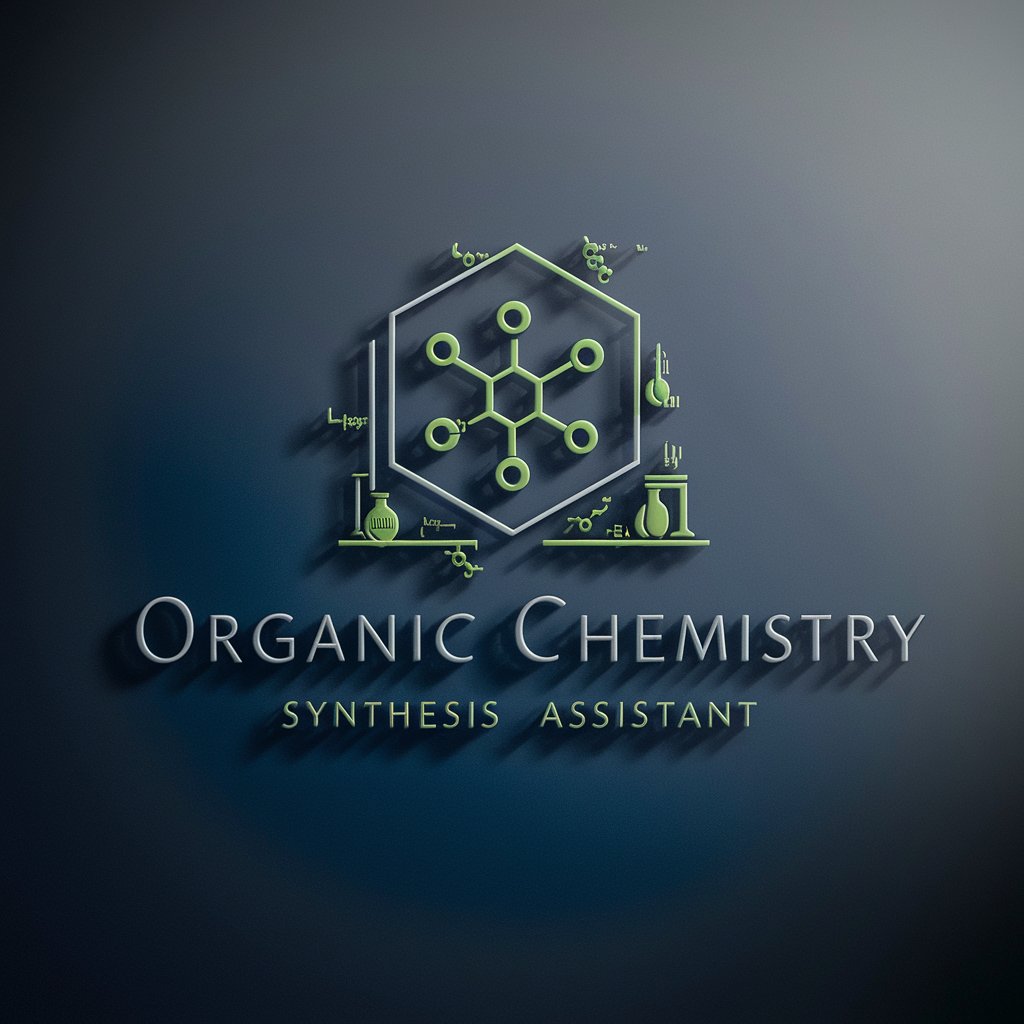
Welcome to the Organic Chemistry Synthesis Assistant. Let's delve into the intricacies of chemical synthesis.
AI-driven organic synthesis insights
Explain the detailed chemical mechanism for the synthesis of aspirin, focusing on the key intermediates and reagents involved.
Describe the steps involved in the Fischer esterification process, including the role of catalysts and reaction conditions.
Discuss the principles behind the selective reduction of nitro compounds to amines, highlighting common reagents and their mechanisms.
Outline the synthesis pathway of ibuprofen, detailing the chemical reactions, intermediates, and purification techniques used.
Get Embed Code
Overview of Organic Chemistry Synthesis Assistant
The Organic Chemistry Synthesis Assistant is designed as an advanced tool to facilitate a deep understanding of the synthesis processes of organic compounds. Its core functionality revolves around providing in-depth chemical insights into the synthesis of various organic molecules, ranging from simple to complex structures. This includes explaining the chemical principles, reactions, and mechanisms involved in the synthesis, detailing the intermediates, and elucidating the rationale behind choosing specific reagents and conditions. The Assistant is equipped to break down complex synthesis routes into understandable segments, making it an invaluable resource for users seeking comprehensive explanations beyond the scope of traditional educational materials. For instance, in explaining the synthesis of a pharmaceutical like paracetamol, the Assistant would delve into the nitration of phenol, the subsequent acetylation process, and the purification steps, while discussing the mechanistic aspects and chemical reasoning at each stage. Powered by ChatGPT-4o。

Key Functions and Applications
Mechanistic Explanation
Example
Explaining the mechanism of the Wittig reaction.
Scenario
A user seeking to understand the detailed mechanism by which alkenes are formed from aldehydes or ketones using the Wittig reaction. The Assistant provides step-by-step mechanistic insights, including the formation of the ylide, the nucleophilic attack on the carbonyl carbon, and the subsequent [2+2] cycloaddition and [2+2] cycloelimination steps.
Synthesis Planning
Example
Designing a synthesis route for ibuprofen.
Scenario
A researcher looking for the most efficient synthesis route for ibuprofen, starting from readily available starting materials. The Assistant offers a detailed breakdown of potential routes, comparing the pros and cons of each, including considerations of yield, cost, and environmental impact.
Reagent and Condition Selection
Example
Choosing the optimal reagents for the reduction of a ketone.
Scenario
A student struggling to decide between using sodium borohydride (NaBH4) or lithium aluminium hydride (LiAlH4) for the reduction of a specific ketone. The Assistant explains the differences in reactivity and selectivity between the two reagents and advises on the best choice based on the ketone's structure and the desired outcome.
Troubleshooting and Optimization
Example
Addressing issues in a failed Suzuki coupling reaction.
Scenario
An organic chemist encountering low yields in a Suzuki coupling reaction seeks advice on optimizing the reaction conditions. The Assistant suggests troubleshooting steps such as adjusting the palladium catalyst concentration, changing the ligand, or modifying the solvent system, supported by chemical reasoning for each suggestion.
Target User Groups
Academic Researchers
Academic researchers in the field of organic chemistry would benefit greatly from the Assistant's ability to provide detailed synthetic routes and mechanistic explanations. It aids in the design of new compounds and the optimization of existing synthetic methods.
Chemistry Students
Undergraduate and graduate students studying organic chemistry would find the Assistant invaluable for learning and understanding the complexities of organic synthesis, including reaction mechanisms, reagent selection, and synthetic strategy.
Pharmaceutical Chemists
Professionals in the pharmaceutical industry engaged in drug development and synthesis would use the Assistant to explore and optimize synthetic routes for drug candidates, improving efficiency and reducing costs.
Chemical Engineers
Chemical engineers focused on process chemistry and scale-up activities would utilize the Assistant to understand the intricacies of translating laboratory-scale reactions to industrial-scale processes, ensuring safety and efficiency.

How to Use Organic Chemistry Synthesis Assistant
Initiate Your Experience
Access a comprehensive organic chemistry guide by visiting yeschat.ai, where a free trial is available instantly without the need for a login or subscription to ChatGPT Plus.
Define Your Objective
Clearly articulate your synthesis challenge or the specific compound you aim to understand better. This clarity will enhance the assistant's ability to provide relevant information.
Provide Detailed Queries
Submit your questions or synthesis problems, including any specific conditions, reagents, or mechanisms you're interested in exploring or understanding.
Analyze Responses
Carefully review the detailed explanations, mechanisms, and procedural steps provided. This will deepen your understanding of the synthesis process and chemical principles involved.
Iterate and Explore
Don't hesitate to ask follow-up questions or seek clarification on complex topics. The assistant is designed to handle iterative learning and deep dives into organic chemistry.
Try other advanced and practical GPTs
Blót I - Dreams of Chaos
Revolutionize Your D&D Adventures with AI

王一博
Experience Wang Yibo's World Through AI

Viral Singularity
Unleashing AI-powered Unfiltered Humor

Data Science Mentor
Empowering your data science journey with AI.

PsychiatryPro AI
Integrating AI for Enhanced Mental Health Insights

! Uni Career Guide !
Empowering your academic and career journey with AI.

Databricks
Empowering collaboration with AI-driven analytics

Civil Engineering GPT
Revolutionizing Civil Engineering with AI Insight

Intentional Eden
Empower Your Intentions with AI

PósMedicinaBR
Empowering Medical Research with AI

Inner-Mongolia Culinary Guru
Discover Authentic Inner-Mongolian Cuisine with AI

Rage Debater
Clash with AI, Forge your Argument

Frequently Asked Questions About Organic Chemistry Synthesis Assistant
What kind of information can Organic Chemistry Synthesis Assistant provide?
It offers detailed explanations on the synthesis of organic compounds, including reaction mechanisms, choice of reagents, and conditions. It can also elucidate on intermediates formed during reactions and provide insights into the rationale behind each step.
Can it assist with homework or research projects?
Yes, it can provide guidance and detailed explanations for homework problems or research project challenges, helping to design synthesis pathways or understand complex organic reactions.
Does it cover advanced topics like stereoselectivity or retrosynthetic analysis?
Absolutely. It delves into advanced organic chemistry topics, including stereoselectivity in reactions, retrosynthetic analysis for complex molecule synthesis, and strategies for achieving desired selectivity.
How accurate and up-to-date is the information provided?
The assistant leverages a vast database of chemical knowledge and current literature to provide accurate and up-to-date information on organic synthesis methods and principles.
Can I use it for learning about green chemistry principles in synthesis?
Yes, it includes information on green chemistry approaches, offering insights into more sustainable and environmentally friendly synthesis methods.

